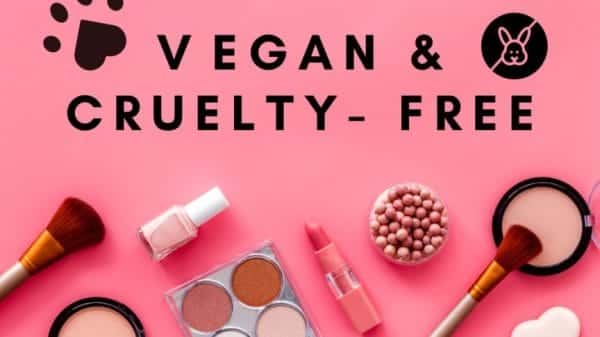With the plethora of dating apps and TV shows all about dating, you would expect that everyone in our society would be sex and dating-obsessed. However, statistics are showing that young people are having much less sex and fewer sexual partners than in the ‘90s and early 2000s. The tide is turning against sexual liberalism and hook-up culture as more young people are choosing abstinence. But what is causing this sudden surge of abstinence and is it actually a good thing?
Although it might not seem like it, sexual abstinence or celibacy is the hot new thing. On TikTok, the hashtag ‘celibacy’ currently has 167.7 million views, with hundreds of young people making videos about their celibacy journey. Last month, Google revealed that the word ‘celibacy’ had a 90% increase in searches. Numerous surveys and studies have shown evidence that this is a significant trend in real life, not just online.
The British National Surveys of Sexual Attitudes and Lifestyles (Nastal) conducted two surveys in 2020 and 2021 and found that there had been a serious decline in sexual behaviour in 18- to 59-year-olds, even after the lockdown was lifted. A report last year by The New Yorker stated that a quarter of Americans haven’t had sex in the past year. Clearly, more and more people are ditching the ‘Netflix and Chill’ attitude towards dating and sex.
Celibacy or abstinence?
Although many people use the term ‘celibacy’ to describe their intentional withdrawal from sexual activity, the proper term is ‘abstinent’. Celibacy is a voluntary vow of sexual and romantic abstinence for religious reasons. Though most people use the term ’celibacy’, what they are practising is ‘abstinence’ as most of them aren’t abstaining from sex for religious reasons.
Anyone can be abstinent, regardless of religious background or sexual orientation. Abstinence is also a highly personalised choice. For one person, it could mean absolutely no sexual contact, not even kissing or going on dates. For another, it could mean strictly no sex but kissing or touching is fine. What is consistent is that more people are adopting an abstinent lifestyle. But what is the main driving force behind this?
Hook-up culture has contributed to the rise of abstinence in young people
One of the most stated reasons for abstinence is a feeling of disillusionment due to hook-up culture. Although the sex positivity movements of the 90s and 2000s did bring about some great changes, such as more openness around discussing sexual preferences and sexuality, the radical online sex-positive movement of the 2010s aided in creating a culture of accepting and expecting casual sex. Add to this the greater number of dating apps, and a culture of hypersexuality was created. Sex became something that wasn’t valued or saved for someone you have an emotional connection with. Casual, emotionless sex became a norm for young people.
TikToker Jordan (@jordiedanielle), who has shared her abstinence journey online, explained why she thinks the practice is on the rise:
“I think our generation of dating/hook up has left a lot of people feeling unfulfilled and can be toxic and I think people are seeing if trying something else [abstinence] will work for them.”
The constant cultural emphasis on sex above everything else, even emotional connection or respect, is something many young people are beginning to question. Some people are choosing to be abstinent to untangle the connection between sex and validation to improve their self-confidence. Others feel fed up with how hook-up culture has influenced dating to the point where it seems you have to be sexually active to find a partner.
Being abstinent can be part of mental health recovery
It’s no coincidence that abstinence is being promoted by many self-improvement and wellness influencers. Abstinence has a multitude of mental benefits. It can give you more time to work on yourself, increases self-discipline, and can lower stress. For a lot of people, no longer allowing just anyone to access their bodies can feel empowering. By abstaining, you can focus on forming deeper romantic and emotional connections with people first. This was the major benefit Jordan noticed, as she expressed:
“ I am glad I now prioritize emotional connection and intimacy over physical. I am glad I learned self-control for myself. And most importantly it made me feel very powerful in my body.”
For other people, de-prioritising sex gives them more time and energy to put into other areas of their life. Connecting with new and old friends, taking up new hobbies, or focusing on education or work are some of the ways people ‘fill in’ the gap left after sex is no longer an option in your life.
Just a trend or a major societal turnaround?
So, is abstinence going to become the norm? It probably won’t become the norm but it is certainly an option that more people are choosing. Considering that most Gen-Zers have grown up with inadequate sex education in schools and through online sexual content, it makes sense that many of them want to take a step back from sex and dating to learn more about their likes, dislikes, and what parts they want it to play in their lives.
However, the increasing number of people trying out abstinence doesn’t mean this generation is sex-negative. As many of them are not happy with what sex is at this present time, taking a step back from it all together seems like the best option.














